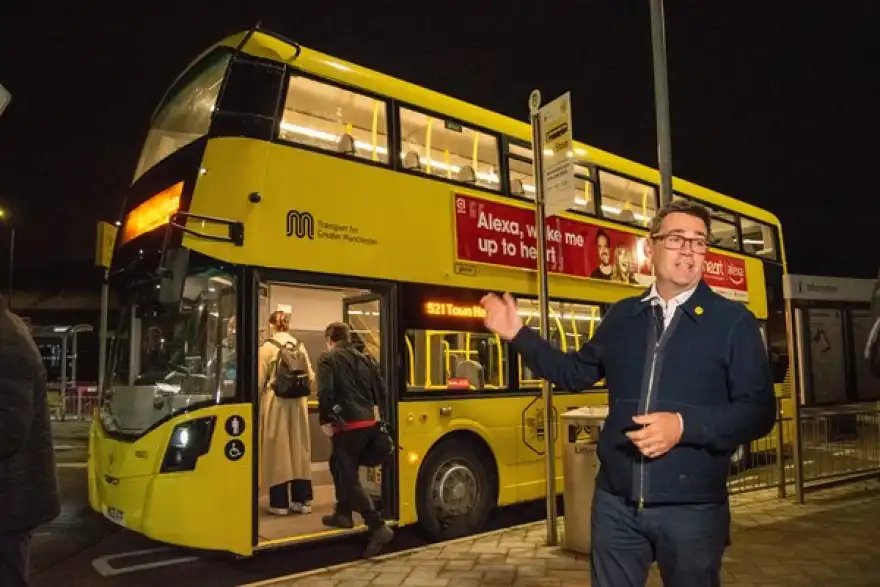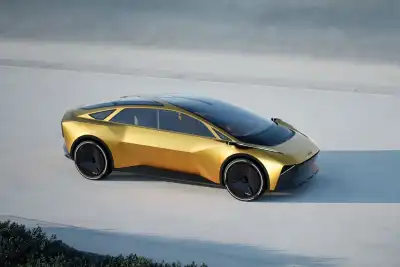
The Regit team have been left scratching their heads this week after the plans to introduce a Clean Air Zone around Greater Manchester were permanently scrapped.
We’re not puzzled by the binning of the plans, just confused about how the story is being played out.
The region’s mayor, Andy Burnham, has been doing somewhat of a victory tour for siding with the motorist and fighting back against the introduction of the zone that was initially proposed by, erm, Andy Burnham.
The zone was just days away from being set live in 2022 when BBC Radio Manchester had its busiest-ever phone-in from angry local commercial vehicle drivers and businesses who were saying the costs were unviable.
Burnham planned to charge buses, coaches and HGVs £60 per day, taxis and private hire vehicles £7.50 per day, and LGVs such as vans and minibuses £10 per day.
The Mayor, who Twitter users will know will post anything to look popular, buckled under the pressure from Mancunians and shelved the plans pending a review.
The Greater Manchester combined authority legally has to reduce nitrogen dioxide rates to acceptable levels before 2026 and his own review has now said the initial plans his team drew up wouldn’t work.
Burnham himself said; “I’d also ask Government to urgently consider allowing Greater Manchester local authorities to remove charging Clean Air Zone signs, as modelling shows that only Greater Manchester’s investment-led plan can meet the legal test placed on the 10 councils to deliver compliance in the shortest possible time and by 2026 at the latest.”
So, what’s changed?
Well, since the initial plans were postponed, Andy Burnham has launched Greater Manchester’s Bee Network – its own network of buses after it became the first city-region outside of London to manage its fleet.
The plans were highly controversial and extremely expensive to the local taxpayer with estimates stating Burnham’s plans would cost £134m+.
And given bus usage has been in constant decline – and was sped up due to Covid-19 – it doesn’t surprise us at all that the science suddenly says ‘the plans won’t work’ at a time when his new bus network simply won’t be able to afford to pay a £60 per day charge.
In terms of how the clean air targets will now be hit, Burnham says he can do this by investing £51.2million in zero-emission electric buses, £30.5million in grants for cleaner taxis and £5million to improve traffic flow across the city.
It will be interesting to see what now happens to other proposed Clean Air Zones across the country.



